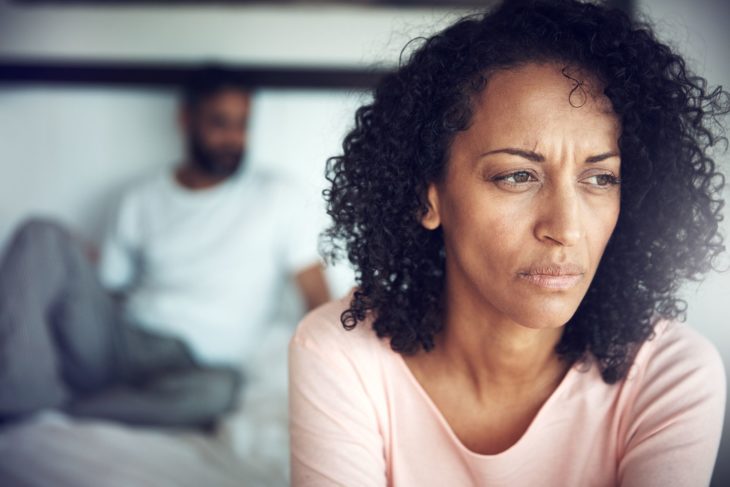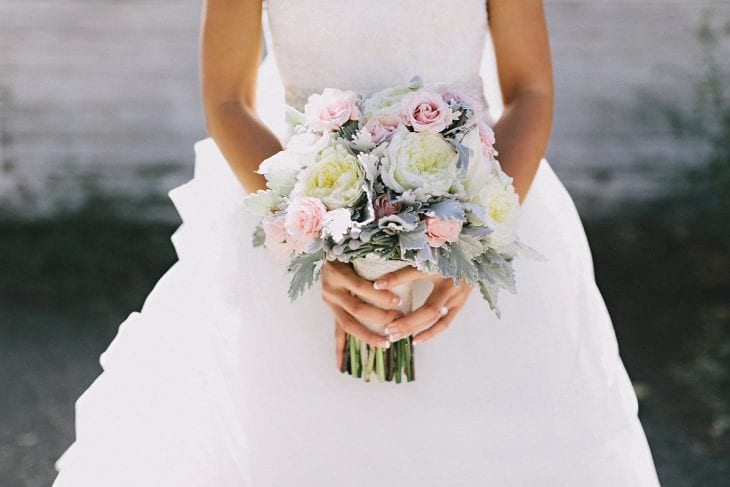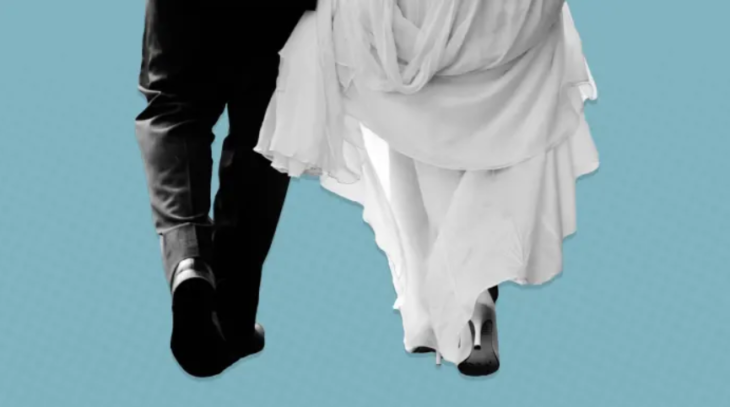My parents got divorced when I was almost too young to remember. I carry only brief images of the time surrounding their divorce. My mother, in a red dress with polka dots, kneeling down to meet me at my level as I squirm in a chair, legs swinging above the floor. “I’m going away for a little bit,” she says. “I’ll see you soon.” Our new house in New York is full of books and my grandma is there and my father stretches the phone cord taut so he can sit on the steps to the basement and argue with my mother in California, 3000 miles away.
The details of the event were unusual for the late 1980s. The court granted primary custody to my father — we’d spend summers in California and live in New York for the school year. My primary memory of family growing up is as a unit of three — father, sister, me. Our trio was strong, it was unshakeable, and my sister and I adapted to an early independence. We did our own laundry, heated up our Kid Cuisine dinners in the microwave while our father worked late and made annual trips to the West Coast every summer to visit our mom. Our household was just as functional as that of any two-parent household. We trotted off to school each morning with combed hair, brushed teeth and all of our belongings.

Source: womansday
I grew up into a independent, self-sufficient and confident adult, a woman who would much rather do it myself than wait on someone else to understand what needs to be done, a woman who is okay with the idea of potentially spending a life not married — not because no one would have me, but because I like it that way. Alone.
Despite these feelings, the insidious tentacles of the wedding industrial complex and Pinterest have wormed their way into my thinking. I want a wedding, the dress, the well-lit pictures of my betrothed and I grinning wildly at each other over pie. I want the spectacle of gathering all the people I love to celebrate my love with someone else. The concept of entering a partnership with someone else for what is ostensibly, ideally, the rest of your life, is lovely. I do not begrudge anyone the choice to get married, and I will gladly attend weddings, cry quietly during the ceremony, and toast the happy couple at the reception. I feel nothing but happiness at other people’s weddings, but the idea of having my own over is unsettling.
I’ve dated before. I’ve had fulfilling, long-term relationships that I envisioned ending in marriage. I’ve had the talks, whispering quietly in bed at night lying in the crook of the arm of someone I love, discussing shared Kitchenaids, “our song,” speculating on invites and calligraphy and discussing DJ versus live band. I have loved enough to feel like I could spend the rest of my life with someone, raising children and bickering about what kind of toilet paper to buy. But I still can’t escape the niggling thought that marriage restricts individuality, creates tension where there was none, and legally binds you to someone that you might, after a long time, not love anymore.

Source: ClassPass
The only way out of a marriage is divorce. It is messy, it is complicated, it is piles of paperwork and emotional garbage to sift through. It is a financial headache, emotionally draining and leaves you empty, stuck with the detritus of a union intended to last forever. Instead of the quaking joy and excited jitters, I imagine most women experience on their wedding day, I picture myself panicking quietly in the bathroom, dreading the minute I walk out and legally bind myself to someone who is supposed to be the end all. I see marriage as the union of my well-established life with someone else’s, sloughing off the identity I’ve inhabited for so long, to create a new one that is not entirely my own.
“Maybe you have’t met the right person yet,” people say. “You’ll know when you meet them. You’ll want to spend the rest of your life with them. It’ll feel right.” While I’m sure the right person makes a world of difference, I’m pretty confident that someone who seems very right could turn out to be very wrong — and I’m not entirely willing to take that chance.
I’ve made a life for myself that is the way it is for a reason — because that’s how I like it, and it’s the only thing I really know. I grew up watching my father raise two girls with very little help, learning how to braid hair and deal with tricky things like periods and bra shopping. My childhood was an excercise in autonomy, and it’s a skill that I’ve perfected. Now I’ve been around long enough to know how I want things done, and am quite content to do so for myself. Self-sufficiency is a skill I value deeply. Besides, being alone is easy because I only have to answer to one person — myself. It seems marriage’s best gift of all is that of the ultimate scapegoat — when there’s dissatisfaction, when things go wrong, there’s always someone else to blame. I prefer to own my mistakes and pick myself up from the aftermath. I take special pride in accomplishments that were solo missions. Just as I am willing to own up to my faults, I like to know that I can depend on myself for the good things in life. At the end of the day, the only person I can really count on is myself.

Source: ft
There’s probably a way for me and it could be at this point I’m simply not ready to get married. I have married friends that maintain separate identities, speaking of each other as separate units instead of the two-headed hydra a married couple can be. In these relationships, I see a glimmer of hope. Perhaps there is a way to make it work. With patience, luck and the right person, I can let down my guard and entertain the idea of a lifelong commitment, something that settles me in for the long haul. I’ll just have to wait and see.
Original by
